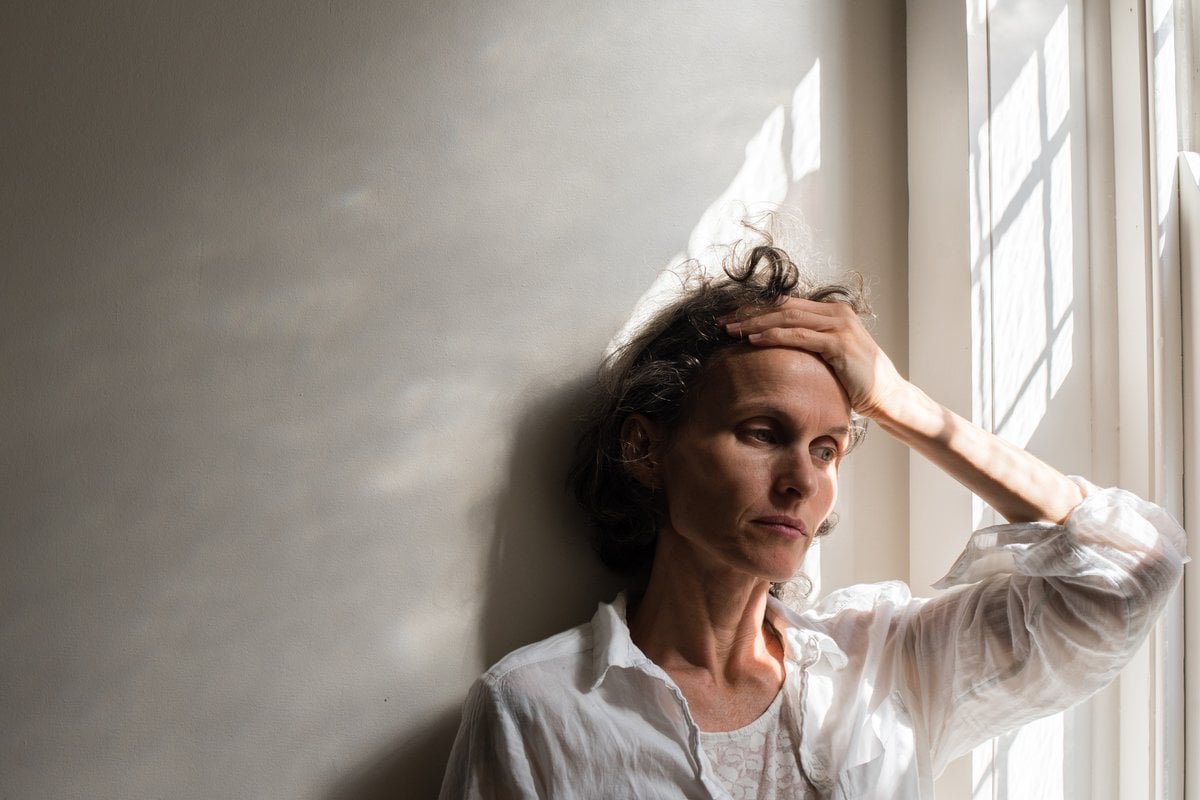
When Kathy’s* middle son, Tim*, was a little boy, his behaviour was what many people would describe as ‘naughty’. He’d complain a lot and had a habit of breaking things that weren’t his. He’d hide important items, like keys, remote controls and wallets, under his bed, and lie about where they were.
"As a young boy, he was always in the so-called naughty corner at school," Kathy says. Then, things became a little worse, the behaviour a little more challenging. He started stealing at school, sometimes from the teacher’s desk. He’d occasionally pick on other kids, and became mean, even cruel, to his older brother, tearing up his artwork and destroying his things.
Watch: Newington College Old Boys And Parents Protest School’s Decision To Admit Girls. Post continues after the video.
"He was very physically loving with us, though, and my goodness he was the cutest person in our family, dog included," shares Kathy.
"He drove me nuts, and I yelled a lot but we held hands everywhere and had a lovely way of saying goodnight to each other. And he was incredibly funny and very, very social with any and all adults who came into the house and also with kids he didn’t even know."
